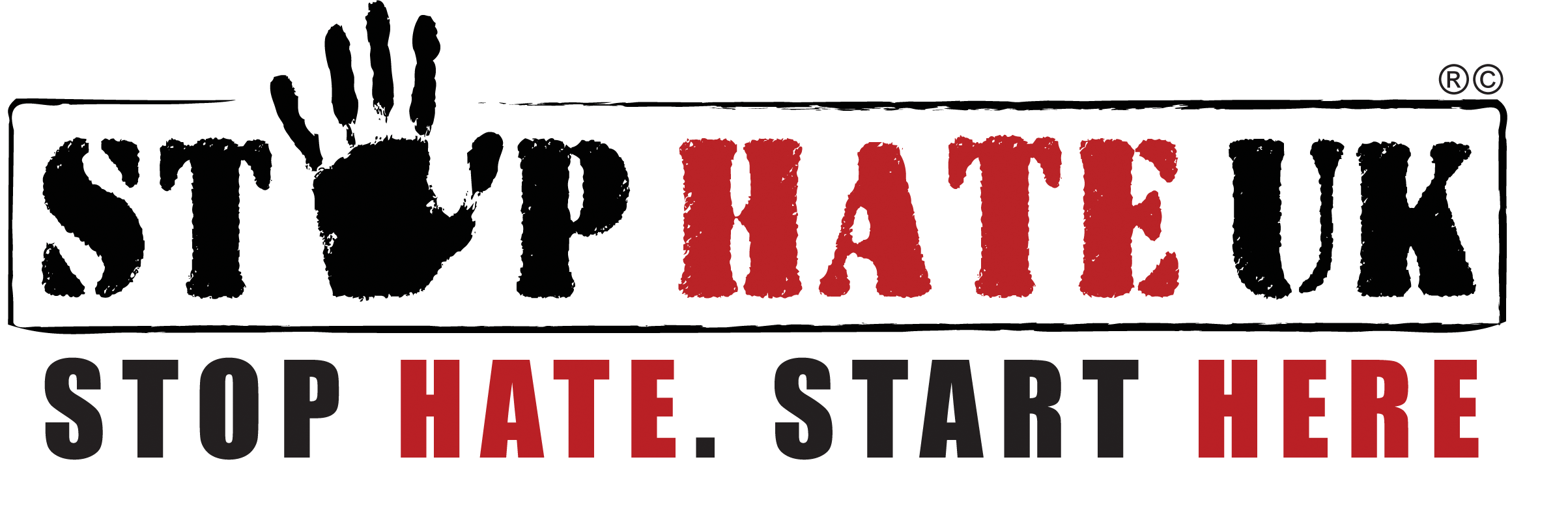News
An open and honest account from our Community Engagement Worker for International Day of People with Disabilities 2020.
Posted on
I have always seen the world a little bit differently. When I was four years old, I could name the catalogue number of every Thomas the Tank Engine die cast model. I have Autism, Dyslexia and Dyspraxia.
For most part, I was a happy child and I did not really realise that I was significantly different from everyone else. This started to change as I got older and found myself having to overcome more and more barriers and I found that I was being bullied on a regular basis. Although I did not realise it, I was a victim of disability Hate Crime.
One of the most notable examples was when I started secondary school. l travelled to school by bus, first with my mother and then later on my own. This was the first time I had ever used a bus on a regular basis. Unfortunately, I would face bulling on a daily basis. I was very tall for my age and they started to call me Lenny – after the character from the John Steinbeck book “Of Mice and Men”. In the book, Lenny is a giant man with learning disabilities. I had not read the book myself at this point and I only realised the context several years later, when I studied the book myself for my GCSE English Literature exam and it was extremely upsetting.
I also remember a particularly unpleasant image being placed in my backpack by an older student which was only discovered by my mother that evening. I would also have things thrown at me and bags would be placed over spare seats, to make sure I could not sit down. In one particularly unpleasant incident a stone was thrown at the window of the bus where I was sitting. As I got older I found myself masking more and more as I was so anxious about being bullied.
I didn’t realise at the time that I was victim of Hate Crime. Even when I reported the issue to the school nothing really changed. I did not know who else I could speak to. In the end I stopped getting the bus to school and at one stage refused to travel on a bus for any reason.
Last month we marked the 25th Anniversary of the Disability Discrimination Act. For the first time it was made unlawful in UK law to discriminate against people, in respect of their disabilities in relation to employment, the provision of goods and services, education and transport. While it is right that we recognise the progress which has been made since then, it is clear that there is still a long way to go.
The social model of disability says that people are disabled by barriers in society, not by their differences. For example, if a wheelchair user was unable to access a building due to stairs, it would be the stairs which are disabling them.
Hate Crime is one of the barriers disabled people face. The tragedy of Fiona Pilkington and Francecca Hardwick puts this into sharp focus. Francecca had a learning disability and the family had been targeted by a group of local teenagers for over a decade. Their home had been pelted with stones, eggs and flower and they faced constant abuse. On 23rd October 2007, Fiona drove Francecca to a secluded lay-by where she poured petrol over the backseat and set the car on fire. Fiona mentioned the gang in a suicide note to her mother. “The street kids, well I have just given up, I am just not cut out to take this much harassment.”.
We have also seen an increase in Disability Hate Crime due to the Covid pandemic. Many disabled people are exempt from wearing face masks and this means many disabled people receive abuse. Disabled people have also received abuse online and have faced suggestions that they should be locked up to stop spreading the virus.
Quite simply, Hate Crime is one of the barriers that creates disability. I have just turned 30. I graduated from university in 2013 and I have since established a successful career in the equality sector. I am now working for Stop Hate UK, as their Community Engagement Worker, in the London Borough of Sutton. Disabled people have so much potential but it is only by removing these societal barriers that society will accept and appreciate the contribution of disabled people. To make this possible we need to be able to live without fear or abuse.
If you witness or experience Disability Hate Crime you can report it to Stop Hate UK 24/7 on 0800 1385 1625.

